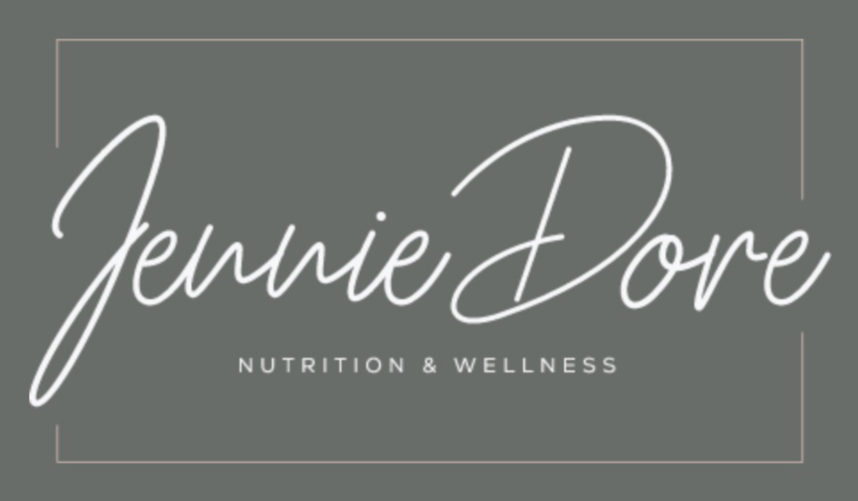29 Jul Why You Are Over Eating
The key to a healthy relationship with food is
that middle ground between mostly nutrient dense foods and a mix of fun foods that still leaves you feeling your best.
Do you every feel a loss of control with certain foods that leads to unintentional over eating?
You planned to have a handful of chips, but then found yourself at the bottom of the bag?
You were planning to have one brownie, but then all of a sudden you’ve eaten 1/2 the tray?
This is often related to unintentionally under-eat throughout the day or waiting too long between eating periods.
With busy schedules, it can be hard to find time to fit in nutritious balanced meals.
But this lack of nutrients during the day is setting you up to be ravenous by the end of the day.
When you reach the moment of excessive hunger, all intention of moderate, conscious eating are out the window. Our natural need for energy becomes all consuming and our lack of nutrients in the body is compensated for with overwhelming cues.
Keeping your body biologically fed with adequate energy and carbohydrates is important to manage this end of day overeating.
When your body is hungry it is trying to get your attention in a variety of ways.
This can look like increased thoughts and preoccupation with food or even mood changes like irritability and inability to concentrate clearly.
The longer you wait to nourish your body, the more intense these cues will feel.
By keeping you body properly fueled throughout the day, you can avoid this pendulum like cycle of extreme hunger and fullness and restore your relationship with food to feel confident and in control.
What does adequate energy intake look like?
This is super individualized and can look many different ways. The most important thing is that it works for you.
A general guide is
-
Aim for 3-4 meals during the day
-
Don’t go longer than 5 hours without eating during the day
-
Eat nutrient dense snacks and meals with a mix of macronutrients
Unfortunately if you have been dieting for long periods or unintentionally under eating, you can feel very disconnect and foreign within your body, and what it actually feels like to be hungry / satisfied. This is a huge piece I am working with my 1:1 nutrition clients to re establish.
Start to LISTEN more
The more you listen to your body, the more you will begin to hear and experience signs of hunger.
Before eating ask yourself:
-
Am I hungry?
-
What’s my hunger level?
-
How does my stomach feel?
-
How does my mouth feel?
Remember that these signals are unique to the individual!
Often, if we are under stress, you may not feel physical signs of hunger – but may notice difficulty concentrating, irritability, feeling light headed or dizzy. During stress it’s still important we give our body adequate nutrition as self care.
What can hunger feel like?
Stomach-
rumbling, gurgling, emptiness
Throat-
dull ache, gnawing
Head-
cloudy thinking, light headed, headache, difficulty concentrating.
Increased thoughts about food and eating
Mood-
Irritability/cranky/ “hangry”
Energy-
sleepy, lack of motivation
Numbness-
overall lethargy
*Friendly Reminder*
You don’t need to be hangry to be successful with weight loss and your relationship with food 🙂

